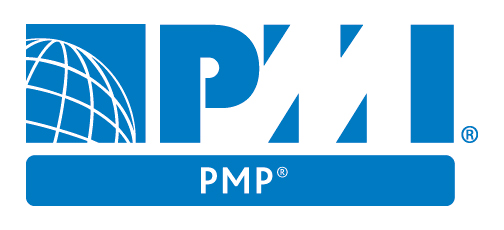The Project Management Professional certification by PMI is one of the most respected IT certifications in the world. Tens of thousands of project managers globally have received the PMP credential and for good reason too. There are plenty of benefits of having this accreditation on your resume like a higher salary or more employment opportunities. Passing the PMP exam is not difficult as long as you’ve had the proper training and some experience with project management tasks. One of the best training programs available online is the PMP course offered by Management Square. This top notch course provides you with a step by step guide to learning all you will need to know to be ready for the PMP exam.
Thousands of people have used Management Square’s course to pass the exam on the first time and have found it to be an invaluable tool for their preparation. The course will provide you with the 35 contact hours you need before being able to apply for the PMP credential. For only $189, getting 35 contact hours may seem a bit suspicious to you, but you have absolutely nothing to worry about because Management Square is a Registered Education Provider accredited by the Project Management Institute, so you can be sure that you will be getting what you paid for.
There are over 38 hours of training in total included in the course. You will get a link as soon as you register that will allow you to start learning in any device.
After completing all the episodes, you will get an email which will instruct you how to take the exam to receive your 35 contact hours certificate. Over 1000 sample PMP exam questions are also included in the training course with answers and explanations to each answer. Another bonus the Management Square’s course comes with is the 10 day email course (10 Steps to Becoming a PMP) that takes you on the journey of becoming a certified PMP step by step. The email course includes a study plan and tips on how to earn your PDUs after receiving your certification.
The absolute best part of this training course in my opinion is the private access to the project management discussion boards where members can share and exchange ideas on passing the PMP test and network with other project managers. These forums are full of solid information and advice from project managers who have passed the exam and stick around the forums to share their experiences with other members.
You will not find any other course of program that offers you the same value for a better price than the Management Square. All the information and course material is PMBOK compliant so you can rest assured that everything you learn can be applied directly to the exam. In fact there are many parts of the course which explain certain PMBOK topics more clearly by providing real life examples and scenarios.
The course will give you the chance to prepare for the PMP Exam from the comfort of your home and earn 35 contact hours at the same time, all for a price of only $189. I highly recommend this course to anybody who wants to pass the PMP certification test and spend as little as possible on training while getting the best value there is.
